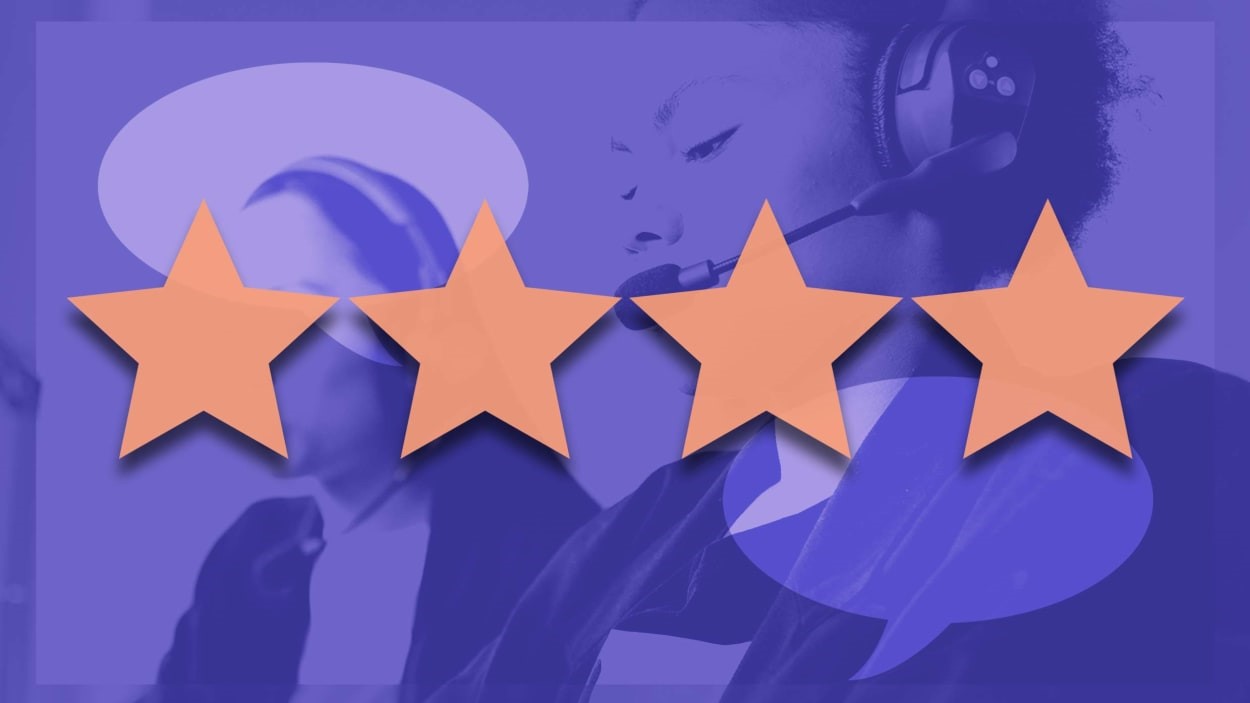Great customer service is a competitive advantage, so why are so many companies getting it wrong?
Hello and welcome to Modern CEO! I’m Stephanie Mehta, CEO and chief content officer of Mansueto Ventures. Each week this newsletter explores inclusive approaches to leadership drawn from conversations with executives and entrepreneurs and from the pages of Inc. and Fast Company. If you received this newsletter from a friend, you can sign up to get it yourself every Monday morning.
I recently worked a shift in our company’s customer service operation. With the help of two very patient colleagues, I processed tickets and toggled among four different software tools (the actual reps use at least six platforms). I called one reader to make sure his issue was resolved. And I came away marveling at how the crew at a smaller enterprise like Mansueto Ventures juggles the complexities of solving our customers’ problems.
Customer service vs. lip service
The topic of customer service doesn’t get the same attention as other company operations. Business publications today primarily write about customer service when it fails. Executives prefer to talk “customer centricity” instead, which suggests a culture focused on customers and their success. However, “at too many companies it is mostly hype—a rebranding of traditional marketing, sales, and customer service that involves no fundamental change and delivers little benefit,” writes a quartet of consultants from Vantage Partners in California Management Review.
When done right, though, customer care is a competitive advantage. A fresh approach to customer service helped companies such as T-Mobile and JetBlue wrest market share from established rivals. Customer service leaders are exerting their influence at their companies, saying their top priorities are to improve operational excellence and contribute to revenue growth.
Strike the right notes
Many customer service operations are embracing self-service and bots to reduce call volumes. The promise of these AI-powered tools is that human reps will be freed up to handle complex questions or high-value customers. Alas, in my personal experience, this hasn’t been the case. I recently needed information about currency exchange from my bank, a global financial services provider. The chatbot could not answer my question. The call center disconnected me twice before I got a live representative, who also did not have the information I needed, nor could he escalate to a more senior agent who might be able to assist me.
I’m not the only one feeling frustrated: More than three-quarters of consumers surveyed in 2022 by Harris Poll and now-shuttered tech site Protocol said customer service had stayed the same or worsened since the start of the pandemic. Some 70% said they preferred real-time communication, and 91% said they found phone calls useful.
I know from my own stint as a customer service rep—and from talking with our company’s customer service leaders—that this stuff is hard: employee turnover is high, the volume of calls is rising, the work can be repetitive. But there are those that get it right: Every time I call my family’s healthcare provider, which is part of a large medical group that uses a call center to field inquiries, I always speak to a representative, often friendly, always courteous, who always confirms any information before passing it on to a nurse or physician. The system has been in place for more than a decade, and I can’t think of a single time a message was bungled or a call went unreturned.
Who are your service all-stars?
What companies provide great customer care? What makes their service exceptional, and what can my bank learn from them? Send your kudos to me at stephaniemehta@mansueto.com. It would be fun to compile a list of readers’ picks.
Read and watch: customer service
Now is not the time to cut corners on customer experience
3 ways companies can use customer service to stand out
From the archives: Ideo on design thinking and customer experience
HBR: Kick-ass customer service
(21)



